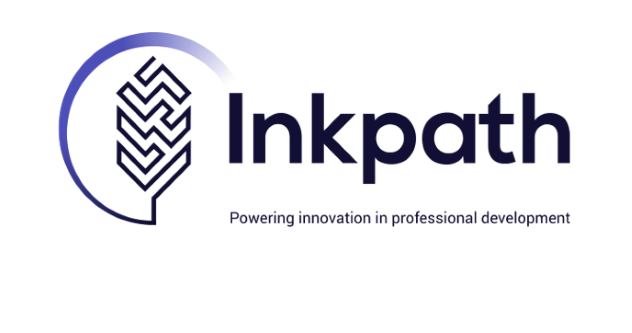We use cookies on this site to help provide the best possible online experience. By using this site you agree to our use of cookies.
Click to view our cookie policy and customize your cookie preferences.
Online

The Algorithmic Differentiation (AD) world basically splits in two. Source transformation can give incredibly efficient adjoints, but is restricted to "simple languages" like subsets of C. On the other hand, operator overloading has successfully handled large production codes, but in general is less efficient than source transformation. But there's nothing stopping us combining these two ideas. It turns out that this is somewhat tricky to do, but by no means impossible.
In this webinar, Senior Technical Consultant, Viktor Mosenkis talks about this hybrid approach to Adjoint AD. This approach provides source transformation like performance whilst being as easy to apply as operator overloading.
This webinar will provide:

| Online
Join Inkpath and Jisc to discover how world-leading institutions have transformed student and staff training with Inkpath’s cutting-edge professional development platform.

| Online
Discover what’s driving Gen Z’s post-16 and post-18 choices and how universities can adapt their recruitment, messaging, and experience strategies to meet shifting student expectations.

| Online
Join Jisc and Hexiosec for an introduction to Hexiosec Transfer. Learn about the issues of email attachments and how these can be mitigated.
Join our mailing list for the latest news, event information and resources